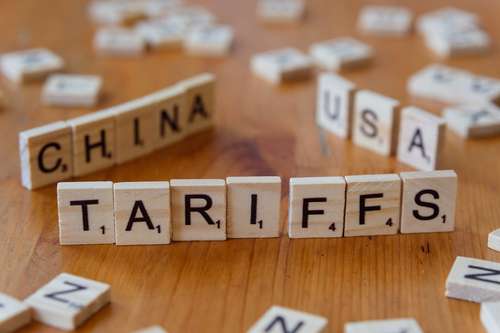Russian-installed authorities in southern Ukraine pledged to ensure the safety of international inspectors travelling to the Zaporizhzhia nuclear power plant amid mounting concern over a potential radiation disaster.
Rafael Grossi, director-general of the International Atomic Energy Agency, said on Monday that an inspection team was travelling through Ukrainian-held territory and across the front line to reach the Russian-occupied facility.
“We must protect the safety and security of Ukraine’s and Europe’s biggest nuclear facility,” Mr Grossi tweeted. “Proud to lead this mission which will be in Zaporizhzhia later this week.”
Recent fighting around Zaporizhzhia has renewed global concern about the safety of the site. Ukraine and Russia have accused each other of shelling the area.
Russian troops have held the plant since seizing it in the first days of their invasion but it is still managed by Ukrainian staff and connected to Ukraine’s power grid.
President Volodymyr Zelensky warned last week that Europe was “one step away” from a radiation disaster when the plant was briefly disconnected from Ukraine’s power grid and back-up generators kicked in.
Kyiv fears Moscow intends to cut it off permanently.
Ukraine has demanded access to the plant but was rebuffed by the Kremlin, which signalled it would allow in only international inspectors. Kyiv had feared that a mission by the UN agency could legitimise the Russian occupation of the plant but was persuaded to back a visit.
Mr Grossi said the visit was not a moment too soon. “Almost every day, there is a new incident at or near the Zaporizhzhia nuclear power plant,” he said. “We can’t afford to lose any more time.”

The IAEA said its inspectors would assess damage to the plant, evaluate the conditions in which staff were working and “determine functionality of safety and security systems”.
It would also “perform urgent safeguards activities”, a reference to the finding and tracking of nuclear materials.
The inspectors were due to arrive in Kyiv on Tuesday.
“It is expected that the mission will start work at the Zaporizhzhya nuclear plant in the coming days,” Oleg Nikolenko, a Ukrainian foreign ministry spokesman, wrote on Facebook.
Schools in Zaporizhzhia city have begun distributing iodine pills to reduce the medical harm of radiation in the event of a disaster.
Experts say their main concern is not shellfire, given the plant’s thick protective walls, but the threat of it being disconnected from the Ukrainian grid.
Disconnecting the plant from electricity could cut power to pumps cooling the hot reactor core, risking nuclear meltdown.
Thousands of people fleeing areas of south Ukraine controlled by Russia have been arriving in the city of Zaporizhzhia, despite fears of a radiation leak. “We’re not worried about that now,” Tatiana Pidlesina, 27, from Kherson, told Reuters. “The rockets overhead are more dangerous.”
Olexandr Noraiev, 34, a volunteer in the city at a centre that is processing the fleeing families, said up to 2000 people were arriving there every day, mostly from Russian-occupied areas in the south, including Kherson and Mariupol. Kherson city lies about 200km southwest of the Zaporizhzhia nuclear plant.




